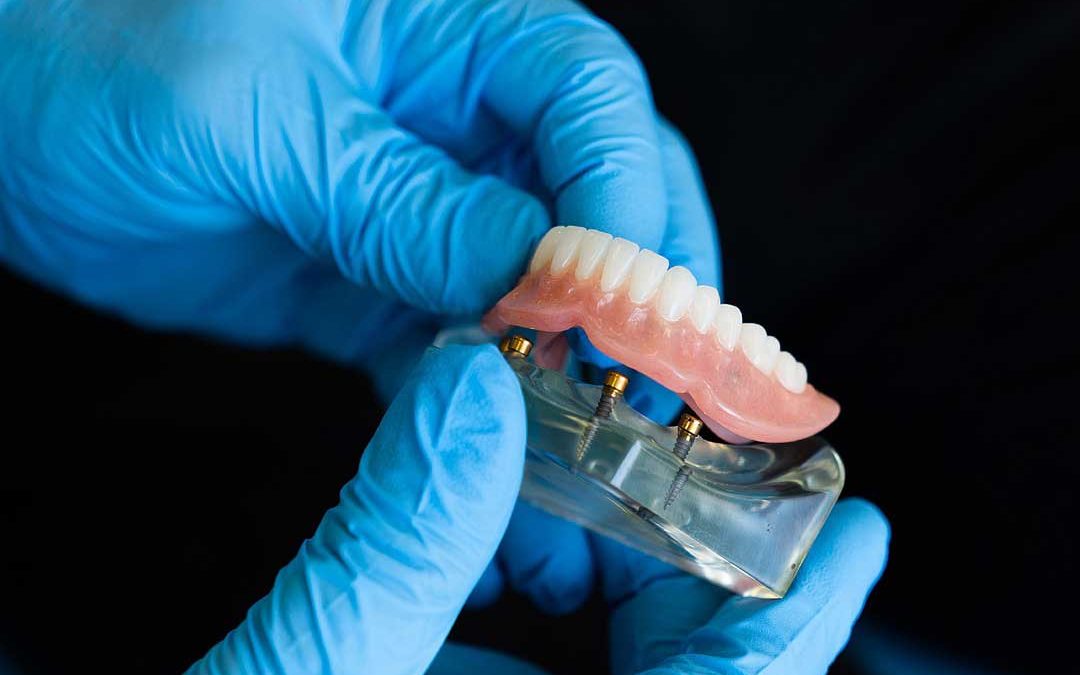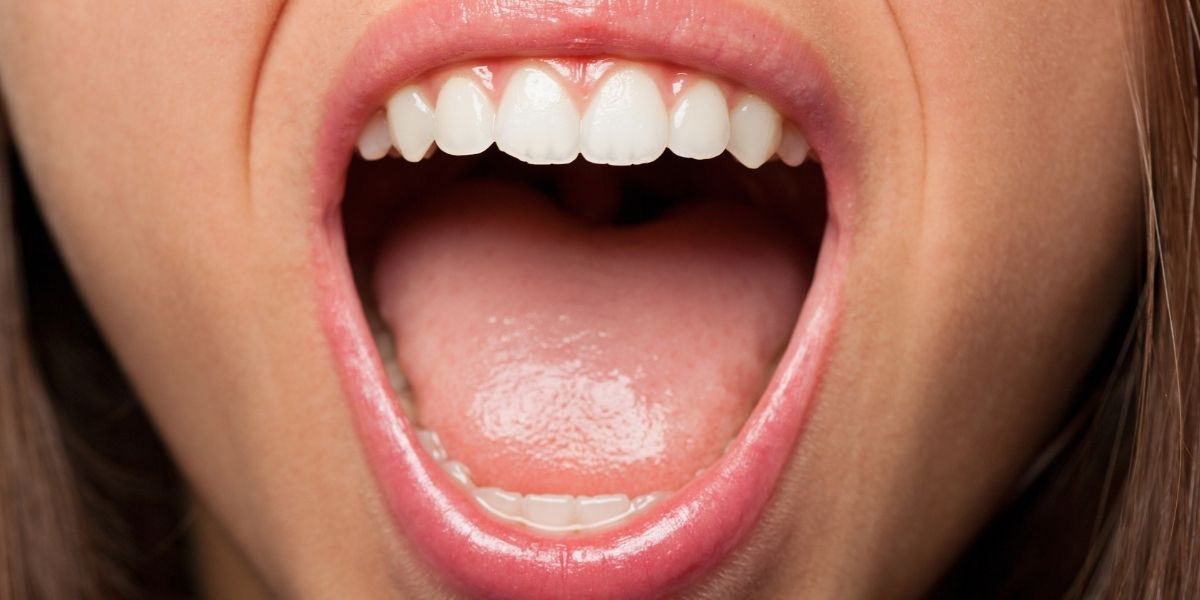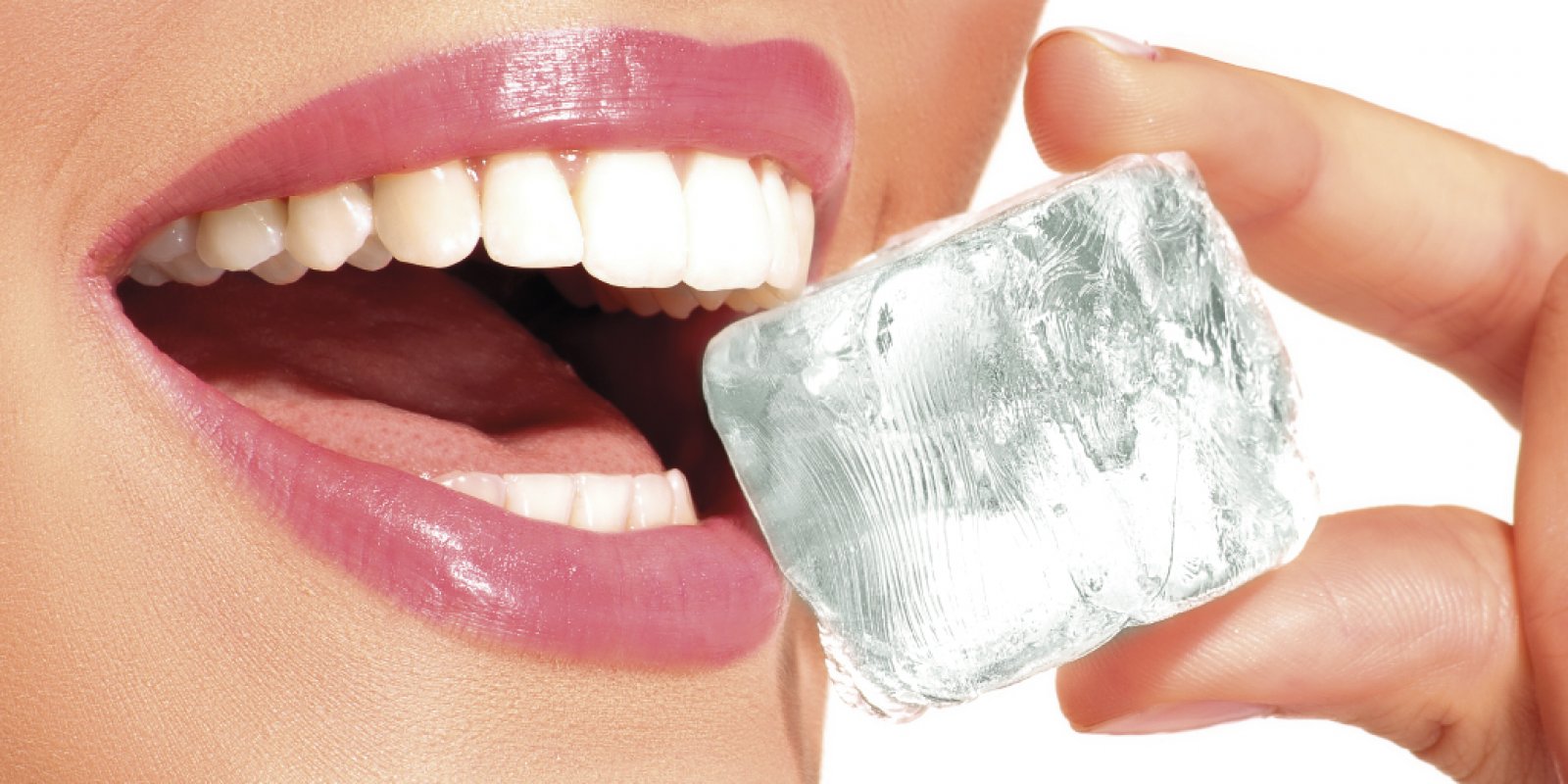Dr. Arabella Michelén
Monday, October 28, 2019
Technological advances in dentistry, preventive measures, and awareness of the importance and functions of teeth have made it possible for fewer and fewer people to be completely edentulous every day.
However, there is still a significant percentage of the population that suffers from this situation, the majority due to periodontal problems and cavities, others as a result of accidents and the least due to complications of systemic diseases or treatments related to specific conditions.
Dental replacement is carried out by means of a complete prosthesis; the type and characteristics will depend on the dentist's diagnosis and the decision made by the patient.
Prostheses can be fixed or removable. In the case of fixed prostheses, the patient must undergo a process of placing dental implants and the dental prosthesis is placed on top of these.
The number of implants and the place where they will be placed is determined by the implantologist together with the rehabilitation dentist.
Conventional full dentures are removable. They are made by a prosthetist and are placed after the patient has lost all of his or her teeth. If the patient has had recent surgery, the patient waits until the tissues have healed.
This prosthesis is supported by the oral mucosa.
In some cases, multiple tooth extractions must be performed, which compromises the patient's aesthetics; in these cases, it is prudent to perform an immediate total prosthesis, that is, the patient, upon leaving the operating room, goes home with a removable prosthesis in place.
Immediate full prostheses are supported by tissue that is just beginning its healing process, therefore, they can be somewhat uncomfortable and have a very short useful life, since when the soft tissues heal, the prosthesis will not adapt and will not be stable.
Total prosthesis. The advantages offered by a total prosthesis on implants are many, among which we can highlight:
1. Greater stability
2. Comfort
3. Patient safety when chewing and speaking
4. Greater aesthetics.
However, with both the patient can lead a normal life, both physically and psychologically.
Dentures should be cleaned daily. Removable dentures should be removed after eating, and not only should the denture be brushed, but also the mucosa, which should be cleaned with a sterile swab or gauze.
Fixed full dentures should also be brushed after each meal and before going to sleep.
Flossing is extremely important.
The dentist, along with his or her team, is responsible for advising the patient on the hygiene supplies they should purchase, as well as how to use them.
Ideally, you should not sleep with removable prostheses, however, many patients do not feel comfortable with this situation.
If you remove it before going to bed, you should leave the prosthesis in a glass of water with an antibacterial solution recommended by your oral health professional.










